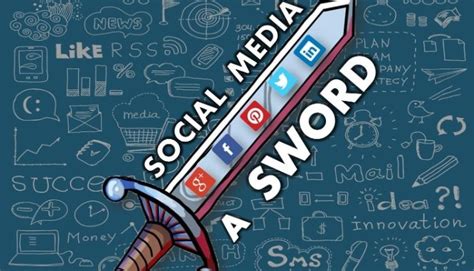In recent years, the role of social media has come under intense scrutiny, being both lauded for its ability to connect people across the globe and criticized for its darker impacts on society. On one side, supporters argue that social media allows for unprecedented connectivity and democratic dissemination of information. On the other hand, critics point out that it fosters misinformation, exacerbates mental health issues, particularly among younger generations, and compromises the integrity of traditional institutions. This dichotomy is vividly captured in the ongoing debate, manifesting in various viewpoints and reflecting a larger societal struggle to adapt to rapid technological advancements.
One of the most debated topics is the impact of social media on **education**. Many argue that education is in a state of collapse, exacerbated by digital distractions. These critics assert that the traditional education system has not kept up with the technological advancement and the rapid consumption model that social media promotes. The constant flow of information can overwhelm students, making it difficult for them to focus and retain knowledge. Private tutors and educators often report a decline in students’ ability to concentrate, a situation many link to the pervasive presence of social media and smart devices in students’ lives.
While the criticism is mounting, it is essential to acknowledge the role of social media in political and societal issues. Platforms like Twitter and Facebook have democratized the flow of information, breaking down barriers that once made it difficult for voices on the margins to be heard. However, this has also led to a phenomenon where echo chambers and confirmation bias thrive. As noted by commenters, this cacophony of niche opinions can fragment society’s consensus, making it almost impossible to govern effectively. The echo chambers can create polarized communities where misinformation is rampant, warping public opinion and making governing more challenging.
Moreover, social media’s impact on **mental health** can no longer be ignored. The rise in mental health issues like anxiety and depression, especially among younger generations, has coincided with the period during which social media usage has surged. Health professionals in pediatrics have noticed an alarming uptick in cases involving self-harm and suicide attempts. The dopamine-seeking behavior promoted by platforms that encourage endless scrolling can mentally exhaust users, leading them to seek more immediate gratification and less meaningful, deep engagements. The impact of social environments facilitated by social media often exacerbates these issues, reinforcing behaviors that can be detrimental to mental health.
Another complex layer is the notion of censorship and the moral authority granted to decide what information is permissible. This debate has historical roots, often mirrored in religious institutions’ attempts to control what adherents read, as seen with the Catholic Church’s historical Index of Prohibited Books. Today, concerns about social media’s role in spreading disinformation lead some to advocate for more extensive regulation and oversight. However, this raises the question of who gets to decide what is true and acceptable, a dilemma that brings to mind previous epochs when restrictions on the press were justified as necessary for public morality.
Finally, the broader societal implications of social media tie into broader political movements. The influence of social media on political discourse often underscores deeper societal rifts, such as the debate over decentralizing education and the erosion of centralized norms. The rise of partisan gerrymandering and the ensuing political polarization can, in part, be traced back to how information is consumed and shared on these platforms. As long as social media remains a battlefield for ideological warfare, achieving governance based on consensus will remain an elusive goal.
In conclusion, while social media has empowered many and democratized information, it has also introduced new challenges that society must address. From destabilizing traditional educational frameworks to exacerbating mental health crises and contributing to political polarization, social media is a multifaceted force. Understanding its dual nature is essential for crafting policies that can harness its benefits while mitigating its drawbacks. Only by having a nuanced understanding can we hope to leverage social media’s potential to foster connectivity and innovation while minimizing its societal harms.


Leave a Reply